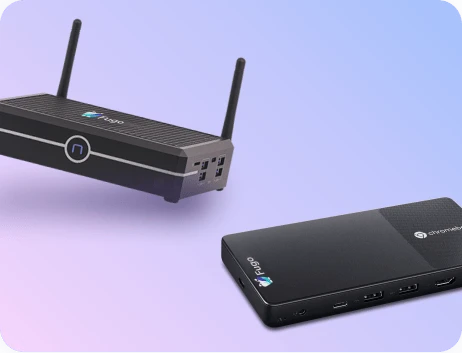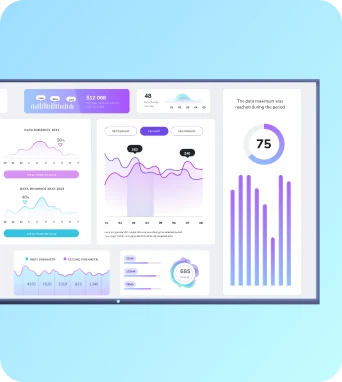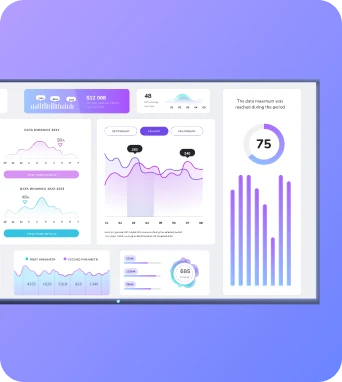Content playlist generators
What is Content playlist generators?
Technical Aspects of Content Playlist Generators
Content playlist generators operate by leveraging sophisticated algorithms and user-defined parameters to curate and sequence multimedia content. These systems are typically integrated into digital signage software platforms, enabling users to create playlists that can be scheduled and updated in real-time. The technical foundation of these generators often includes support for various media formats, ensuring compatibility with a wide range of content types. Additionally, they may offer features such as content tagging, which allows users to categorize media based on themes, topics, or other criteria. This tagging capability is crucial for generating dynamic playlists that can adapt to different contexts and audience preferences. Furthermore, content playlist generators often include analytics tools that provide insights into content performance. By analyzing viewer engagement and interaction data, these tools can help users refine their playlists to maximize impact. Advanced systems may also incorporate machine learning algorithms to predict audience preferences and automatically adjust content sequences accordingly. This level of automation not only saves time but also enhances the effectiveness of digital signage by delivering personalized content experiences.
Implementation in Digital Signage
The implementation of content playlist generators in digital signage involves several practical steps. Initially, users must define their content strategy, identifying key messages and target audiences. Once the strategy is established, users can utilize the playlist generator to organize their media assets into coherent sequences. This process often involves setting parameters such as display duration, transition effects, and scheduling times. By carefully configuring these settings, users can ensure that their digital signage displays are both visually appealing and strategically aligned with their communication goals. In practice, content playlist generators are used across various industries, including retail, hospitality, education, and corporate environments. For instance, in a retail setting, these tools can be used to create playlists that highlight promotional offers, new arrivals, or seasonal campaigns. In educational institutions, they might be employed to display announcements, event schedules, or educational content. The versatility of content playlist generators makes them an invaluable asset for any organization looking to enhance its digital signage strategy.
Conclusion and Future Prospects
Learn more about Content playlist generators - schedule a demo at https://calendly.com/fugo/fugo-digital-signage-software-demo or visit https://www.fugo.ai/ In conclusion, content playlist generators are a pivotal technology in the digital signage landscape, offering a robust solution for managing and optimizing multimedia content. As digital signage continues to evolve, these tools are expected to become even more sophisticated, incorporating advanced features such as AI-driven content recommendations and enhanced analytics capabilities. By embracing these innovations, businesses and organizations can ensure that their digital signage remains a powerful tool for communication and engagement. For those interested in exploring the potential of content playlist generators, scheduling a demo or visiting Fugo's website can provide valuable insights and guidance.



